About Triton
Digital transformation causes disruptive changes in our lives. Tools like ChatGPT and other AI tools demonstrate the possibility for life and work changing applications ranging from prompt-based generation of texts, images and videos to personalized learning or personalized medicine, and earth science utilized to prevent or to understand climate change. All those applications have in common the huge amount of data produced and the enormous energy consumption necessary for data storage, data processing, data transmission or to visualize data. For the increasing amount, of applications decisions have to be made within a fraction of a second, for example in the case of traffic management or virtual reality where huge amounts of data in different formats have to be processed in the vicinity of the user. End devices like virtual reality oculus are not powerful enough. As a consequence, we need powerful computational facilities in the vicinity of the users, at the traffic light or at the oculus placed at our head. As a solution, so-called micro data centers or edge nodes are computers placed outside of data centers delivering computation to end devices that cannot cover the computational demands. Currently computation on the edge is done in the best effort manner without any guarantees on quality or efficiency which might create issues especially in case of time critical applications like traffic management. In this project we develop novel fundamental methods and tools for measurable, provable, and programmable energy efficiency on the Edge called transprecision that can be used during the software engineering process (e.g., in the form of an algorithm). The methods for transprecision developed in this project will be demonstrated in concrete use cases. Our first use case is Augmented Reality (AR) that has very strict latency requirements but might experience varying workloads and has classical behavior patterns like mobility. Transprecision has the potential to achieve a higher utilization and performance at a lower cost, e.g., when only the relevant parts of the video are downloaded to nearby edge nodes. Our second use case is the smart traffic light in combination with 5G/6G equipped with cameras continuously observing specific areas for object detection. Transprecision has the potential to achieve relatively high accuracy of object detection by reducing the amount of processed data. In addition, we will demonstrate our concept of transprecision on the edge using hybrid architectures. Apparently, we are experiencing a new era of computer systems where part of the computation is done on the classic machine but specific parts are done on an analog machine, like quantum computers achieving an increase of efficiency by several orders of magnitude. Connecting both worlds (classic and quantum) is a tedious and complicated task that requires special connection of devices and computational facilities where edge computers play a crucial role.
Funded by:

- Project #: P36870
- Start: 01.06.2023
- End: 31.05.2027
- Research Institution(s): TU Wien (100%)
- Grant DOI: 10.55776/P36870
Partners
Project Participants
Team
TU Wien HPC Research Group
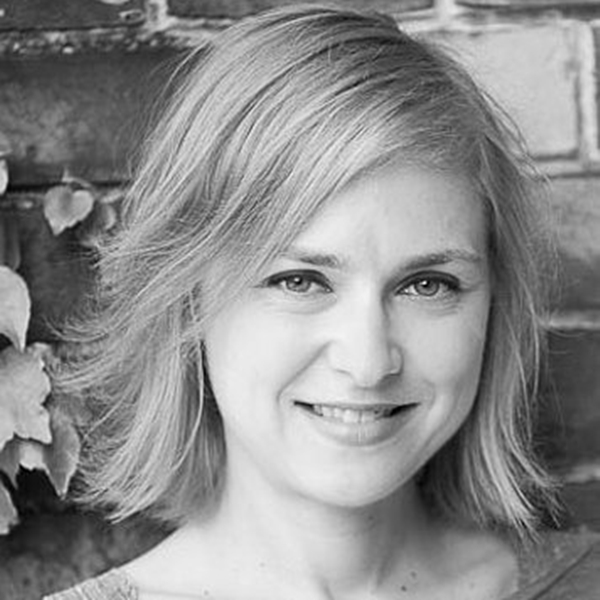
Univ. Prof. Dr.
Ivona Brandić
Project leader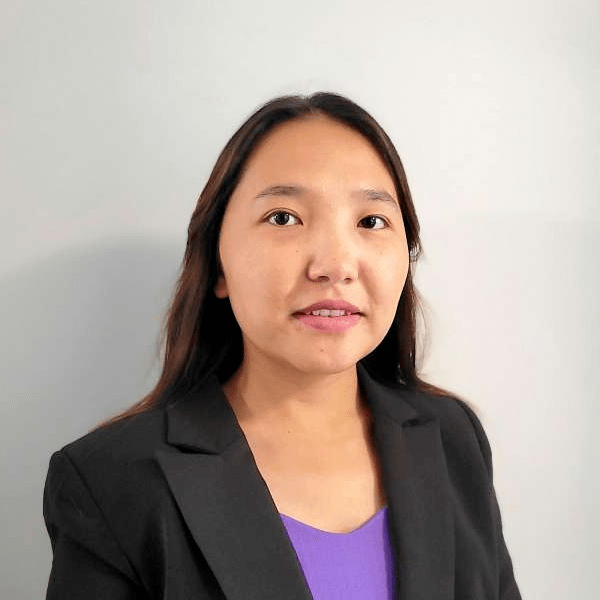
M.Sc.
Meerzhan Kanatbekova
PhD student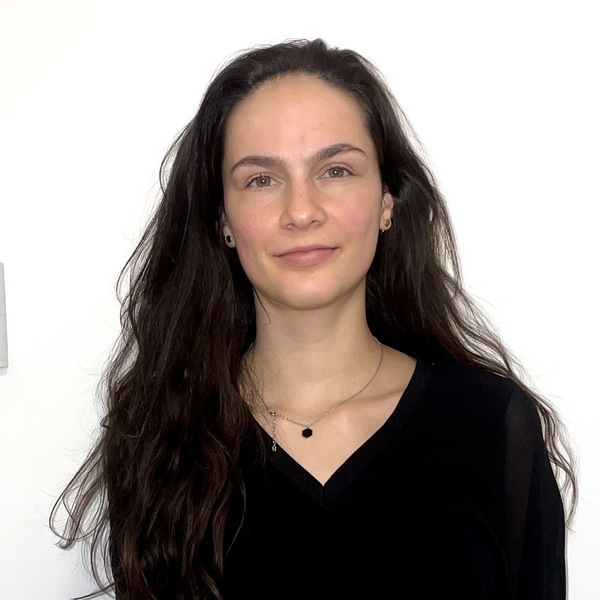
Dipl.-Ing.in
Sabrina Herbst
PhD Student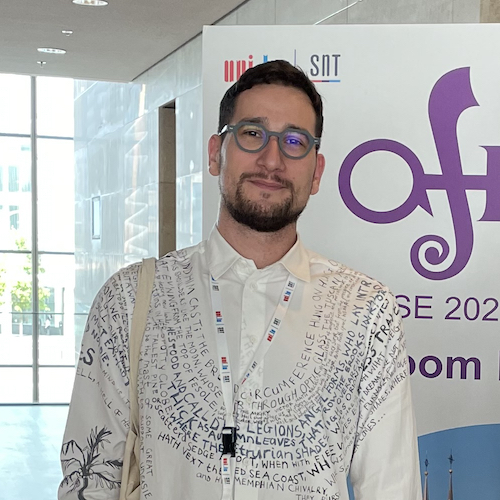
Dr.
Alessandro Tundo
Project Assistant
M.Sc.
Paul Joe Maliakel
PhD Student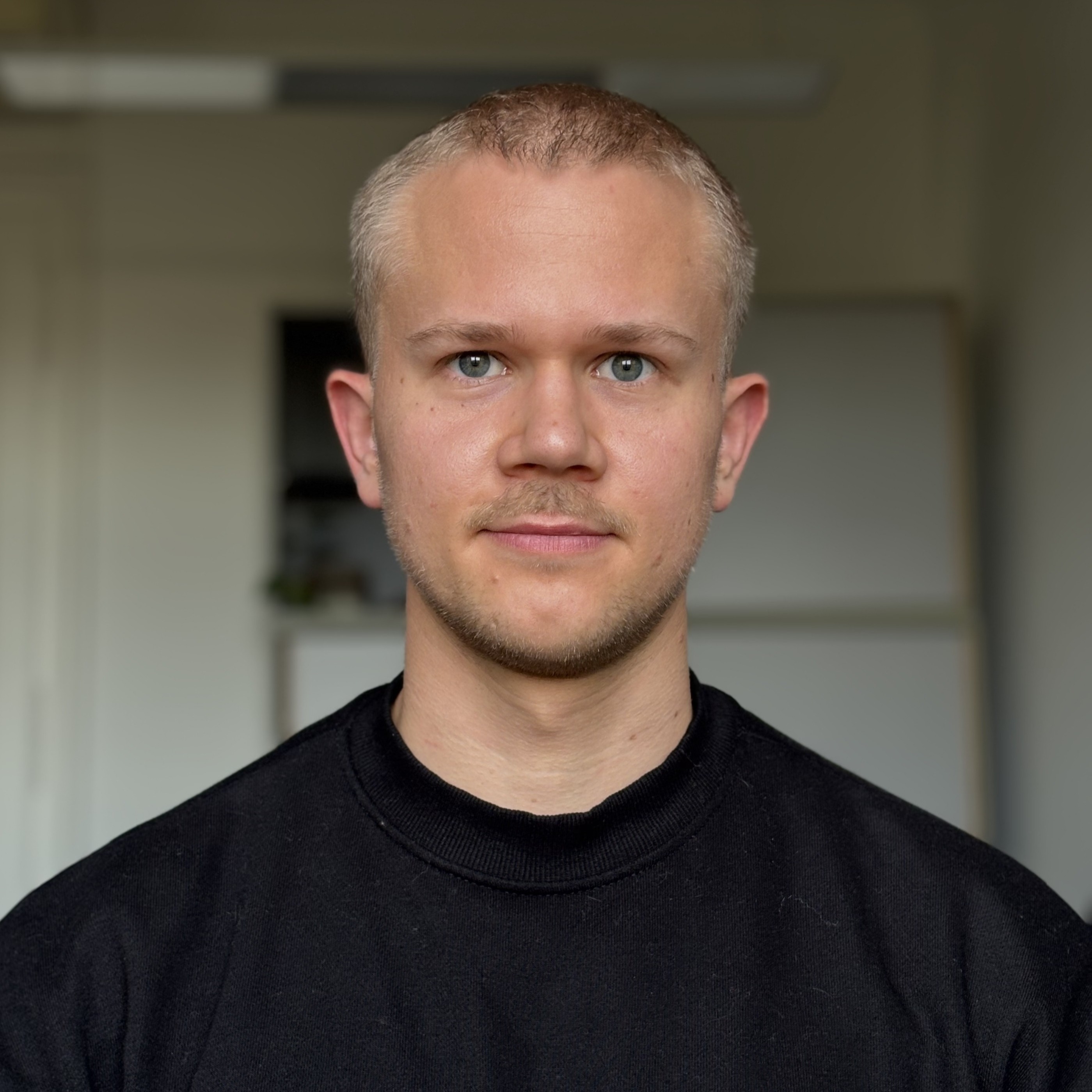
Dipl.-Ing.
Daniel May
PhD StudentActivties
Media and other Presence
TBD
Publications
Publications So far
- Herbst S., Cranganore S.S., De Maio V., and Brandic I. Exploring channel distinguishability in local neighborhoods of the model space in quantum neural networks. The Thirteenth International Conference on Learning Representations. 2025 (to appear). pdf doi
- Meerzhan Kanatbekova, Shashikant Ilager, Ivona Brandic. ABBA-VSM: Time Series Classification using Symbolic Representation on the Edge. ICSOC 2024: International Conference on Service-Oriented Computing Tunis, Tunisia, December 3-6, 2024. pdf
- Xiaoyu Chu, Daniel Hofstätter, Shashikant Ilager, Sacheendra Talluri, Duncan Kampert, Damian Podareanu, Dmitry Duplyakin, Ivona Brandic, Alexandru Iosup. Generic and ML Workloads in an HPC Datacenter: Node Energy, Job Failures, and Node-Job Analysis. The 30th International Conference on Parallel and Distributed Systems (ICPADS 2024), Belgrade, Serbia, October 10-14, 2024. (to appear) pdf
- Sabrina Herbst, Vincenzo de Maio, Ivona Brandic, "On Optimizing Hyperparameters for Quantum Neural Networks," 2024 IEEE International Conference on Quantum Computing and Engineering (QCE), Montreal, QC, Canada, 2024, pp. 1478-1489 pdf doi
- Vincenzo De Maio, Dominik Bork and Ivona Brandic. RIGOLETTO: A Workflow Definition Language for Hybrid Quantum-Classical Scientific Applications. 26th IEEE Int'l Conference on Business Informatics (CBI) 2024. pdf
- Sandeep Suresh Cranganore, Vincenzo De Maio, Ivona Brandic, Ewa Deelman. Paving the Way to Hybrid Quantum-Classical Scientific Workflows. Future Generation Computer Systems 2024 (to appear). pdf
- Alessio Catalfamo, Atakan Aral, Ivona Brandic, Ewa Deelman, and Massimo Villari. Machine Learning Workflows in the Computing Continuum for Environmental Monitoring. 24th International Conference on Computational Science (ICCS), 2-4 July 2024, Malaga, Spain. pdf
- Shashikant Ilager, Daniel Balouek, Sidi Mohammed Kaddour, Ivona Brandic. Proteus: Towards Intent-driven Automated Resource Management Framework for Edge Sensor Nodes. 14th Workshop on AI and Sceientific Computing at Scale using Flexible Computing Infrastructures (FlexScience 2024), in conjunction with HPDC 2024, Pisa, Italy, June 3-4, 2024. pdf
- Vincenzo De Maio, Meerzhan Kanatbekova, Felix Zilk, Nicolai Friis, Tobias Guggemos, and Ivona Brandic. Training Computer Scientists for the Challenges of Hybrid Quantum-Classical Computing. The 24th IEEE/ACM international Symposium on Cluster, Cloud and Internet Computing. Philadelphia, May 6-9, 2024. (to appear). pdf
- Paul Joe Maliakel, Shashikant Ilager, Ivona Brandic, "FLIGAN: Enhancing Federated Learning with Incomplete Data using GAN," In the ACM 7th International Workshop on Edge Systems, Analytics and Networking (EdgeSys24)(EuroSys24), Athens, Greece, 22nd April, 2024. pdf
- Shashikant Ilager, Adel N. Toosi, Mayank Raj Jha, Ivona Brandic, Rajkumar Buyya, "A Data-driven Analysis of a Cloud Data Center: Statistical Characterization of Workload, Energy and Temperature", In Proceedings of the 16th IEEE/ACM International Conference on Utility and Cloud Computing (UCC2023), Messina, Italy, December 4-7, 2023. pdf
- Sabtain Ahmad, Halit Uyanık, Tolga Ovatman, Mehmet Tahir Sandıkkaya, Vincenzo De Maio, Ivona Brandic, Atakan Aral, "Sustainable Environmental Monitoring via Energy and Information Efficient Multi-Node Placement," IEEE Internet of Things Journal, 2023. pdf
- Sabrina Herbst, Vincenzo de Maio, Ivona Brandic, "Streaming IoT Data and the Quantum Edge: A Classic/Quantum Machine Learning Use Case," International Workshop on Urgent Analytics for Distributed Computing, Limassol, Cyprus (collocated with Euro-Par 2023). pdf doi
- Alessandro Tundo, Marco Mobilio, Shashikant Ilager, Ivona Brandic, "An Energy-Aware Approach to Design Self-Adaptive AI-based Applications on the Edge," 38th IEEE/ACM International Conference on Automated Software Engineering (ASE2023), Luxembourg, Sep 11-15, 2023. pdf
- Shashikant Ilager, Vincenzo De Maio, Ivan Lujic, and Ivona Brandic, "Data-centric Edge-AI: A Symbolic Representation Use Case," In IEEE Symposium on intelligent Edge Computing and Communications (iEDGE), Chicago, Illinois, USA, July 6-7, 2023 (invited paper). pdf
- Daniel Hofstätter, Shashikant Ilager, Ivan Lujic, Ivona Brandić, "SymED: Adaptive and Online Symbolic Representation of Data on the Edge," In the 29th International European Conference on Parallel and Distributed Computing(EuroPar23), Limassol, Cyprus, 28th August - 1st Septemeber, 2023 (to appear). pdf